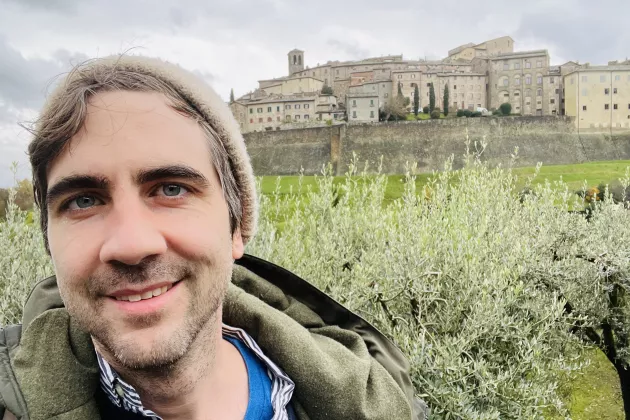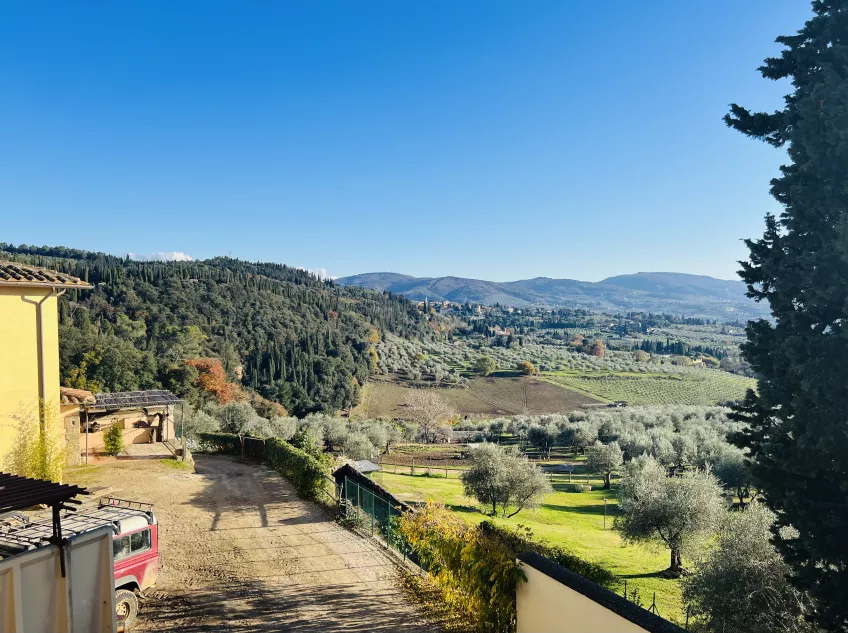– Yes, it was very exciting! I'm gathering material for a study on how people in rural areas think about politics and development. It became particularly clear after Brexit that there's a lot we don't understand. For example, it's interesting, and some might say paradoxical, that opposition to the European Union – and the liberal values that the EU stands for – is strongest in the places where the EU invests a lot in support for the agricultural sector and rural development. Half the EU budget goes to agriculture. So, I go around the countryside in Sweden and Italy to talk to people who can help us understand how these things are connected. It's incredibly interesting and educative.
Is this a new direction in your research? Or in what way is this related to your previous research?
– Yes, colleagues who are familiar with my previous research on political equality, movements and democracy are often surprised. But the focus is the same as before, to contribute knowledge to make society more inclusive. Then we need to understand how people feel and experience changes in all parts of society – especially in places where more and more people support a politics of closing borders and undermining solidarity between people. I also meet many people who inspire with their commitment to a better society for all.
Is there anything in particular that inspires you?
– Yes, all the people who take care of our common world. I'm now writing a book about care ethics and democracy that is based on interviews with many people who every day practice care in different ways. During the pandemic, we saw how dependent we are on those who work in healthcare. In similar ways, people take care of our democracy, which we should also not take for granted. One part are people, for example in marginalized suburbs and rural areas, who work to include people in the community. And another part are people who protest, who demand change and mobilize to create a better society. We researchers can contribute with important knowledge needed in this work, which many also do.
Can you tell us about research that has succeeded in this?
– Absolutely! Here are three tips:
Marie Sépulchre at the School of Social Work next door is doing very interesting research on movements and people in the public sector who work to make our common resources available to everyone. It deals specifically with the rights of disabled people, but is very relevant to how we can think about justice in general.
Margaret Kohn is an American author who has written an amazing book about how we can make room for solidarity in society, The Death and Life of the Urban Commonwealth.
And finally, I am happy to recommend a new book about everyone's right to housing, which I and two colleagues have edited with in total 28 researchers who analyze the problems and injustices of Swedish housing policy. If you wish, you can also watch our presentation of the book, see link below.
Thanks Markus!
Links to Markus' research tips in the text above:
- Read more about Markus Holdo and his research on his personal page: Markus Holdo
- Continue reading Marie Sépulchre's Research on www.routledge.com/Disability-and-Citizenship-Studies/Sepulchre/p/book/9780367542283 and also on her personal page Marie Sépulchre
- Link to Margaret Kohn's book The Death and Life of the Urban Commonwealth
- Link to the book Everyone's right to housing and presentation of the book on Facebook.



